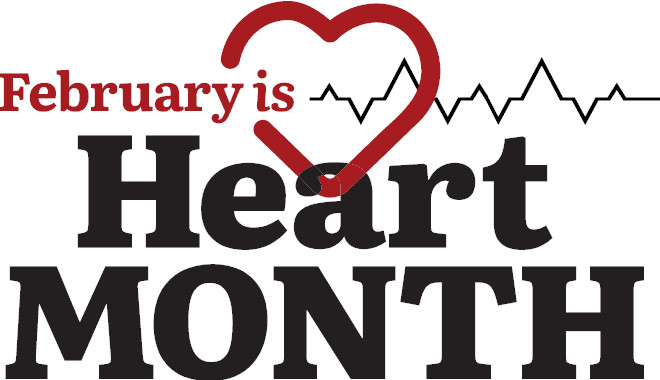By Liberty Hospital
Many people think of genetic testing related to cancer. However, genetic testing also plays an important role in understanding heart health.
Certified Genetic Counselor Juliana Askren, MS, works with patients at the Liberty Hospital Heart Center to assess their risks for heart-related conditions, such as arrhythmias (irregular heartbeats), cardiomyopathies (heart muscle issues), congenital heart defects, aneurysms and high cholesterol.
“I talk to patients and help them navigate the decision to pursue cardiovascular genetic testing,” Askren said. “If they are a good candidate for testing, I can help them understand their test results and explore the implications of the results for them and their family.”
After reviewing a patient’s personal and family health histories, Askren may recommend specific genetic tests. Once the test results are available, Askren reviews them with the patient and answers any questions.
“Genetic information is like a set of directions for our bodies that tells how to develop and function correctly,” Askren said. “Genetic testing identifies differences in genetic information that may be causing a patient’s symptoms or could potentially lead to the development of symptoms,” Askren said.
One benefit of genetic testing for heart conditions is early detection followed by customized planning for prevention and treatment.
The results of genetic testing may influence lifestyle changes, medications or heart screenings that can prevent or manage cardiovascular conditions. Additionally, results can provide insight into the risk for future generations, which may help with reproductive decisions.
“Genetic testing is typically done through multigene panels, which means we look at many genes at the same time that are linked to various heart conditions. People with congenital heart defects may also undergo a microarray test that can be used to identify missing or extra pieces of DNA,” Askren explained.
Certain genetic conditions also may affect other parts of the body, so identifying these issues early can improve overall health outcomes.
“My role is to help guide patients through every step of the testing process to ensure they feel informed and supported,” Askren said.
Who should consider genetic testing for heart health?
Askren recommends cardiovascular genetic testing for individuals with a personal or family history of:
• Cardiomyopathy or congenital heart defects;
• Aortic aneurysm or dissection (under age 50);
• Arrhythmias;
• Sudden unexplained deaths or cardiac arrest;
• Recurring fainting, especially with exercise or emotional stress;
• Heart failure or transplant under age 60; and
• Early heart attack or stroke (under age 65 for women, 55 for men).
If a person is interested in cardiovascular genetic testing or learning more about their family’s heart health risks, Askren recommends talking with their health care provider to obtain the necessary referral to a genetic counselor. Referral forms for genetic counseling services are available at libertyhospital.org/services/genetic-counseling. For questions about genetic counseling or to speak with Juliana Askren, call 407-4395.
Advertorial




